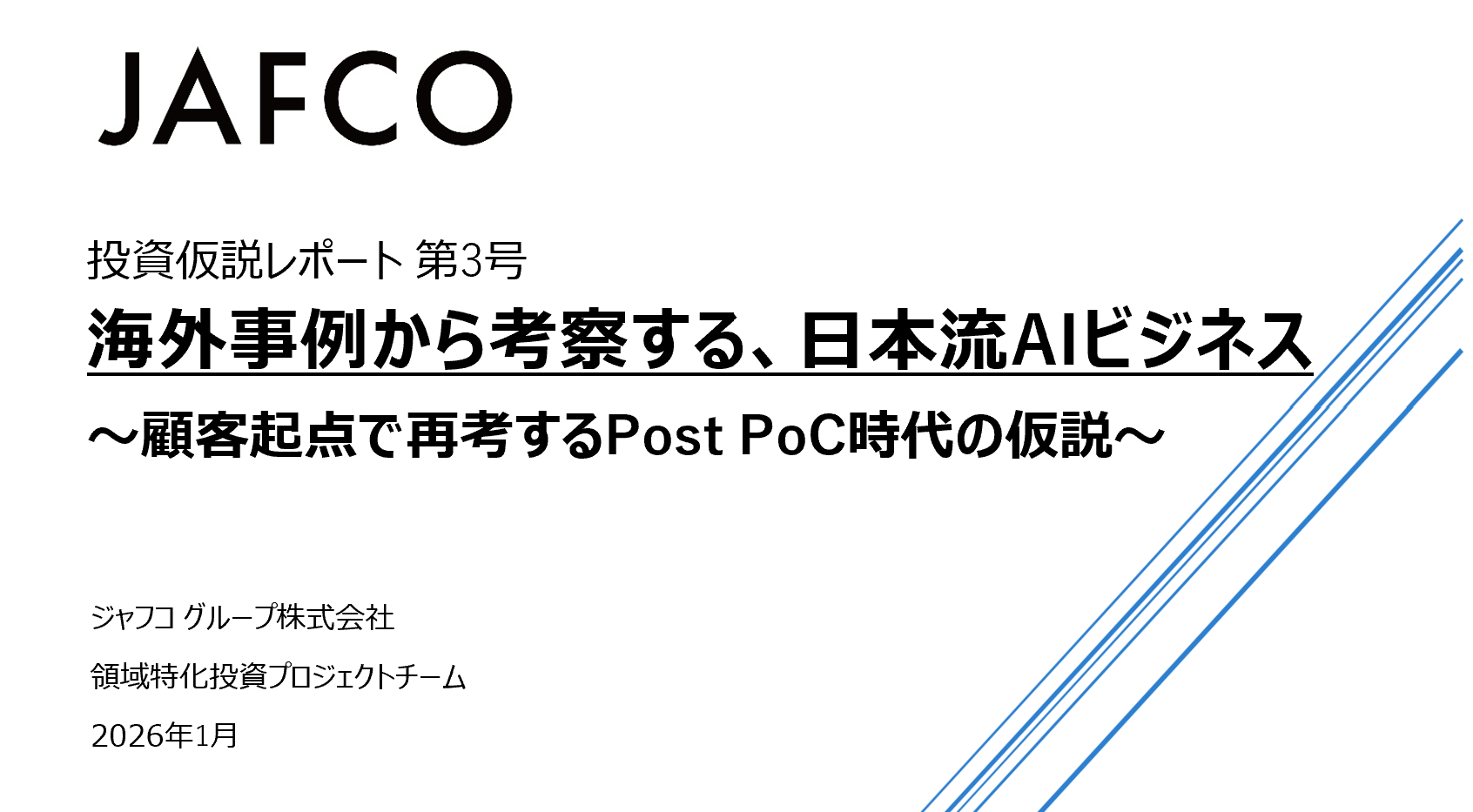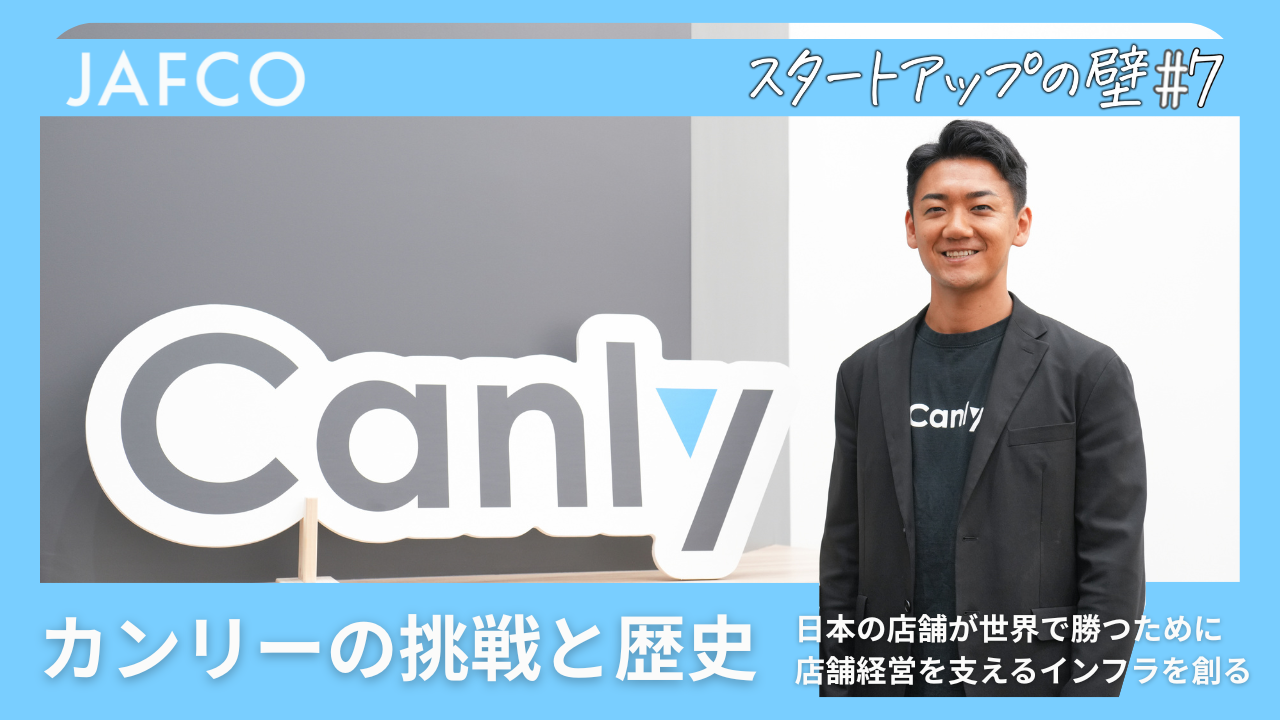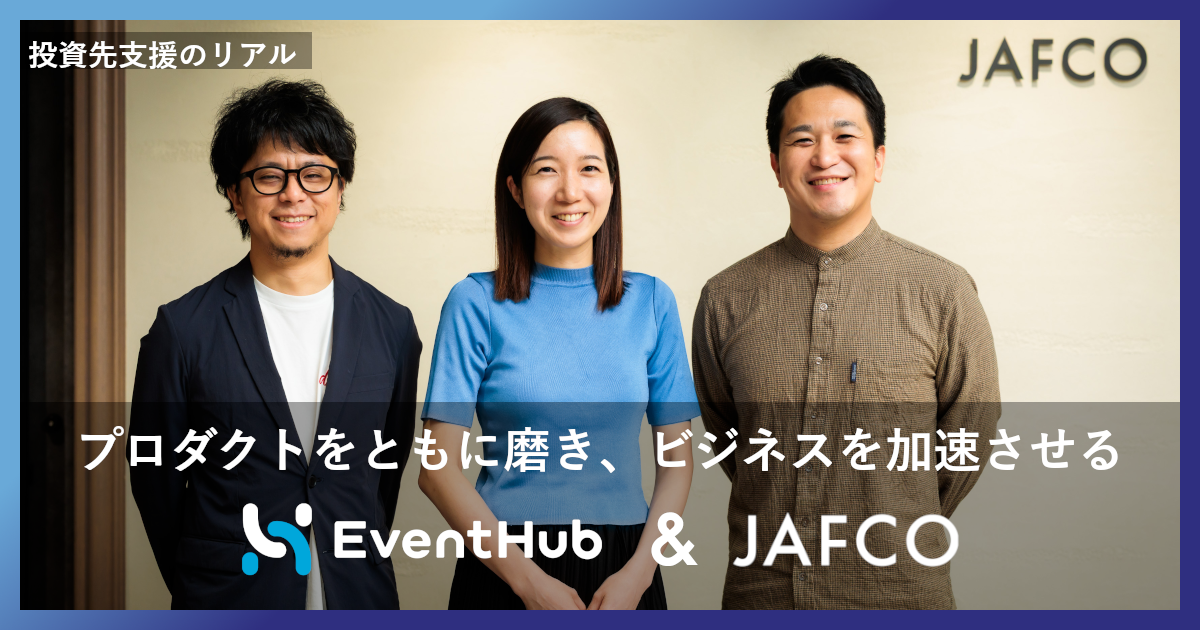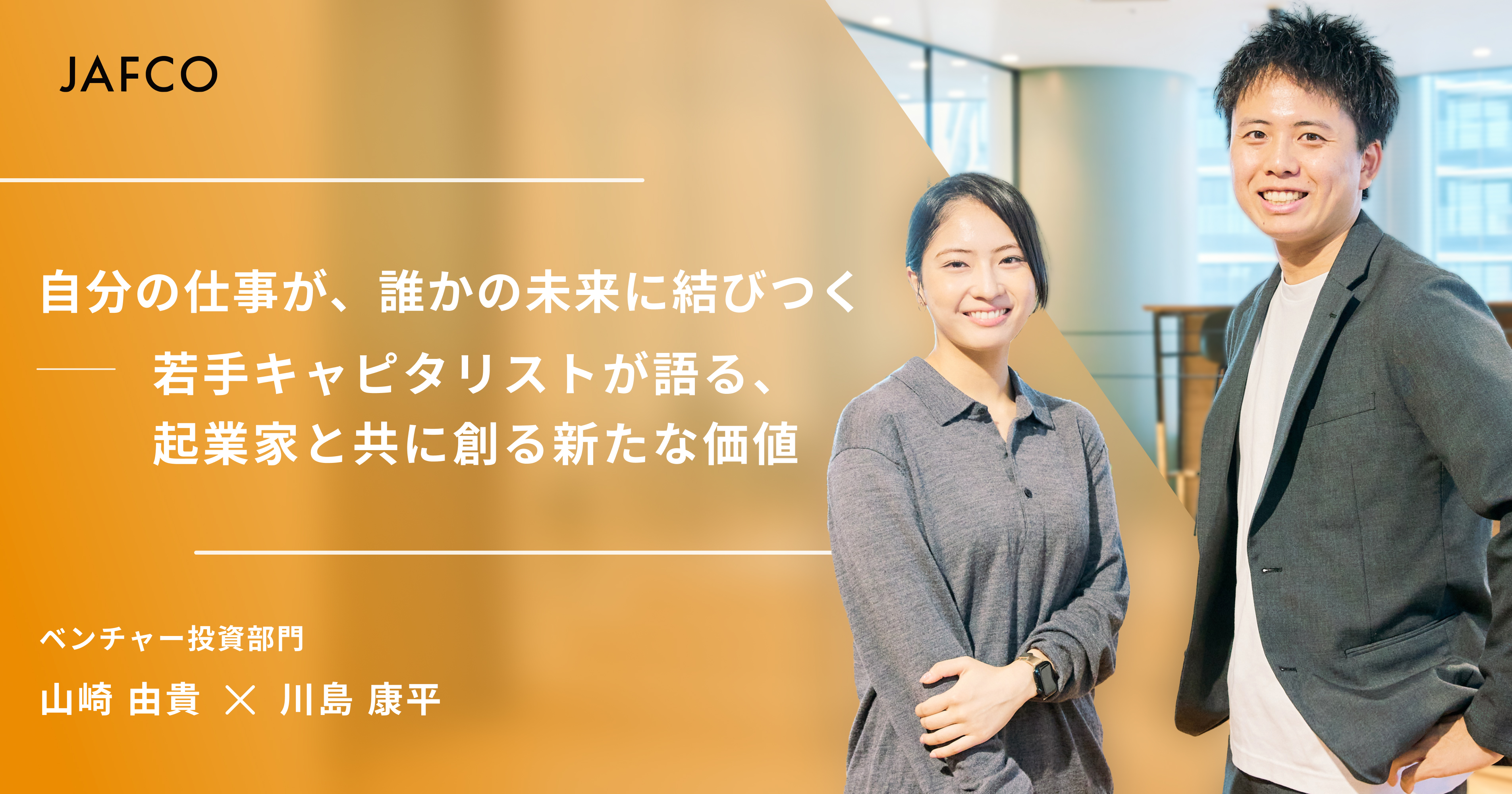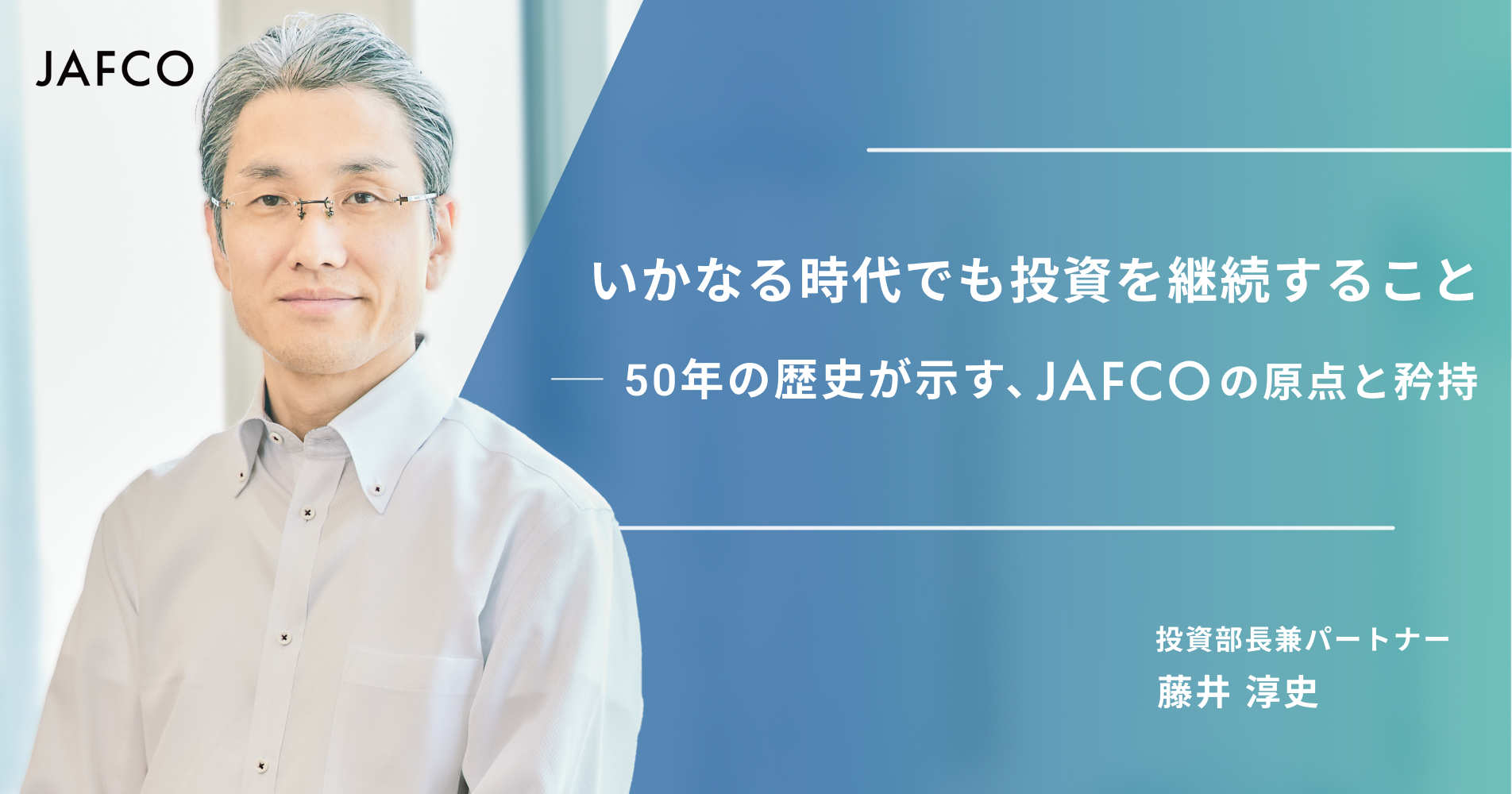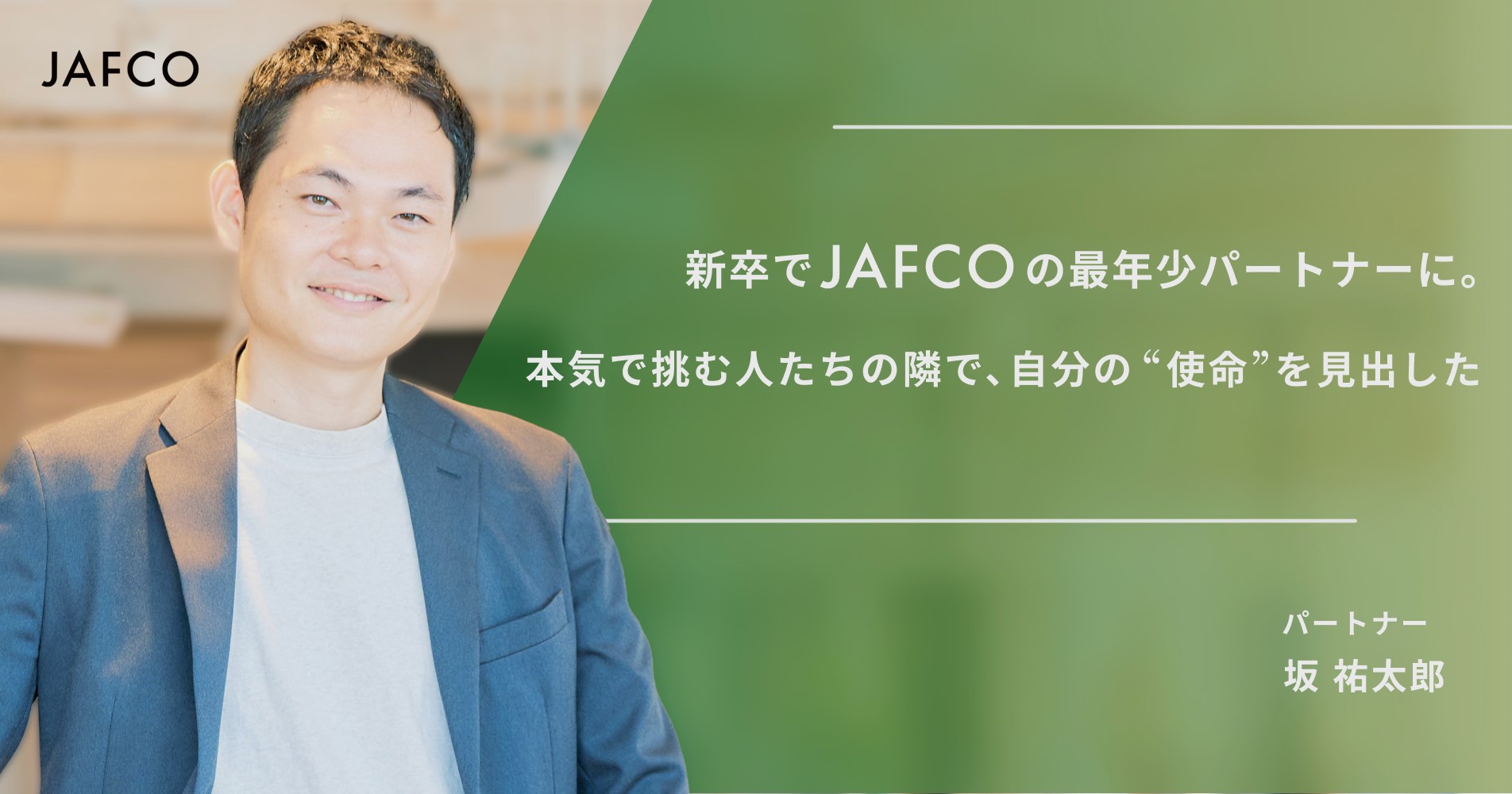

挑戦への投資で、
成長への循環をつくりだす
Fueling perpetual growth;
investing in bold visions
( Scroll to Explore )
Track Record
-
累計投資社数
4,241
-
累計IPO社数
1,041
-
累計ファンド運用総額
1.2 兆円
私たちは、1973年の設立以来、起業家をはじめとした多様な挑戦とともに歩み続けてきました。
当社の歩みと、皆さんと共に実現したい未来についてご紹介します。
What’s JAFCO?
Our Investments
JAFCOの投資について
「新事業の創造」と「第二創業の実現」
産業の新陳代謝に向けた
2つの投資事業領域

Venture
Investment
ベンチャー投資
大胆な投資と集中的な経営関与で、
未来を拓くスタートアップの
継続的な事業成長を推進

Buyout
Investment
バイアウト投資
成長を軸とした投資スタイルで、
新たなステージに挑戦する
企業の持続的な価値向上を実現
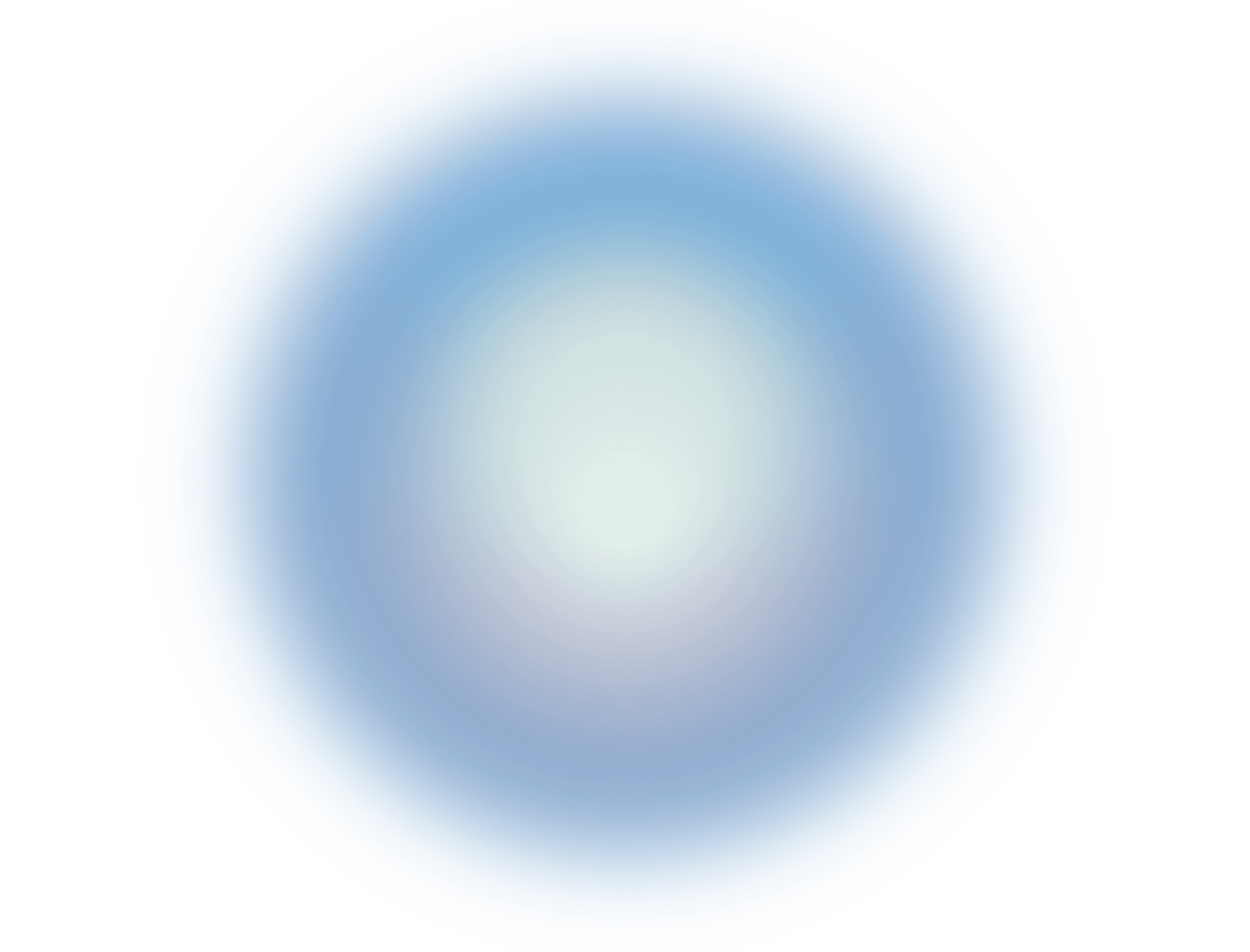
& JAFCO
POST
これからの時代を切り開く「挑戦する人」を応援する
インタビュー・トレンド発信メディア
